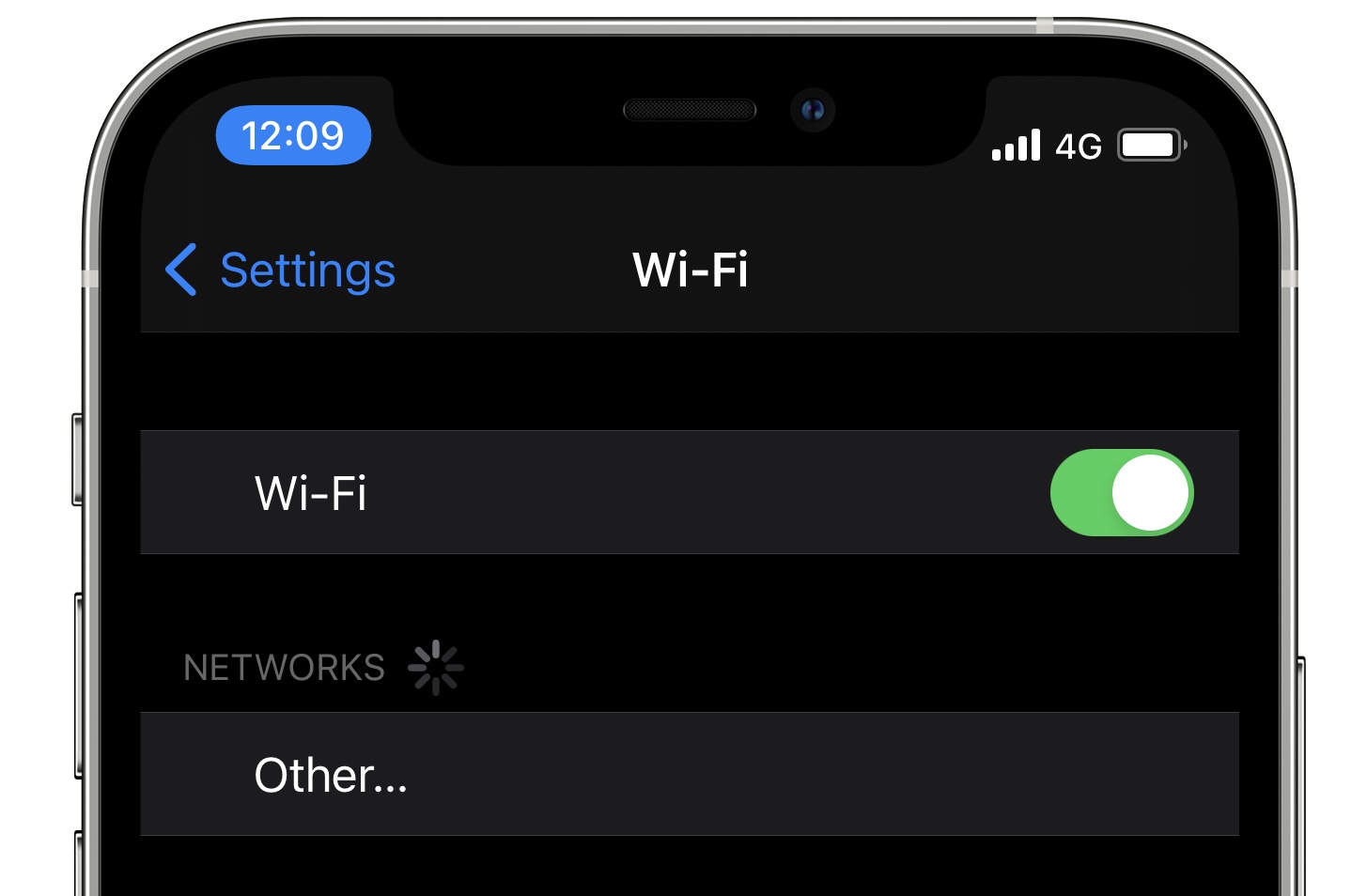![]()
A wireless network naming bug has been discovered in iOS that effectively disables an iPhone's ability to connect to Wi-Fi.
Security researcher
Carl Schou found that after joining a Wi-Fi network with the name "%p%s%s%s%s%n" his iPhone's Wi-Fi functionality was left "permanently disabled."
Changing a hotspot's SSID did nothing to correct the problem, with even a reboot failing to make a difference, according to
BleepingComputer.
Other users who were able to replicate the issue have suggested the bug could be related to the initial use in the network name of the percentage sign, which leads to an input parsing issue whereby iOS mistakenly interprets the letters following the "%" as a string-format specifier.
In C and C-style languages, string format specifiers have a special meaning and are parsed by the language compiler as a variable name or a command instead of standard text.
Android phones don't seem to be affected by the same network, but iPhones hit by the problem need to have their network settings reset before a Wi-Fi hotspot can be connected again.
To perform the reset, open the Settings app, tap General -> Reset, then tap Reset Network Settings and confirm the request at the prompt.
Article Link:
iOS Bug Causes Specific Network Name to Disable Wi-Fi on iPhones




